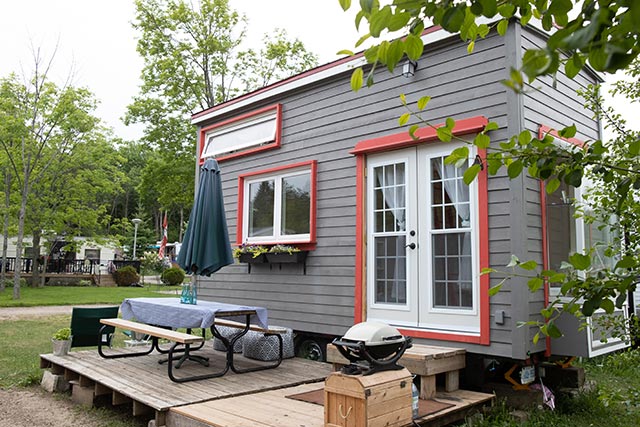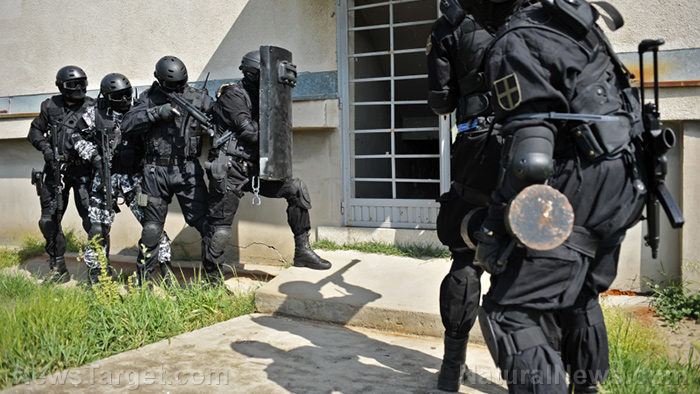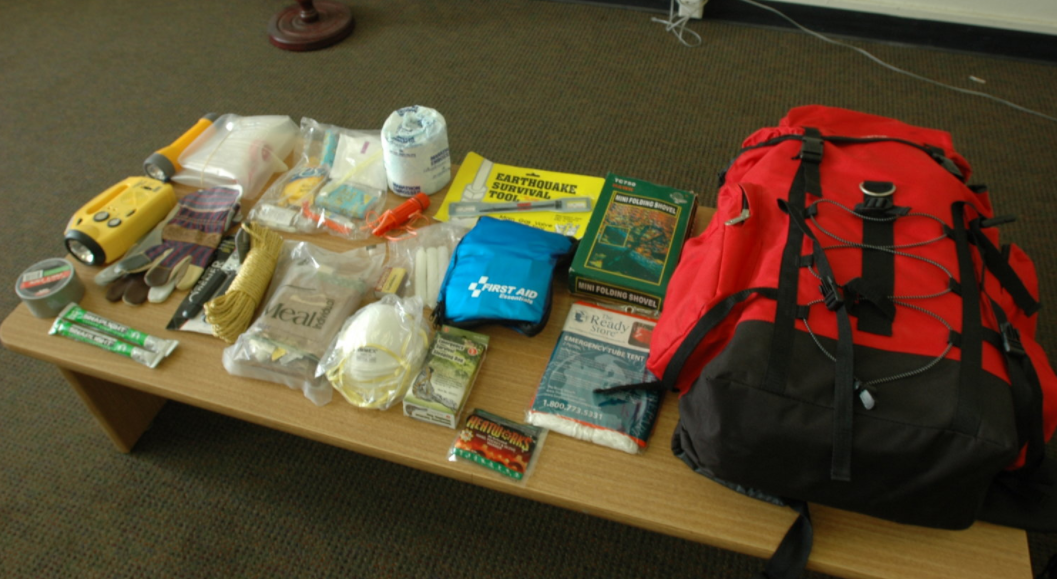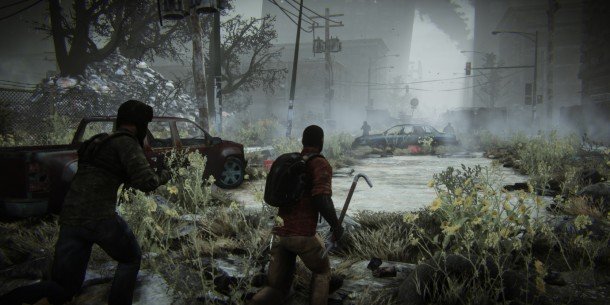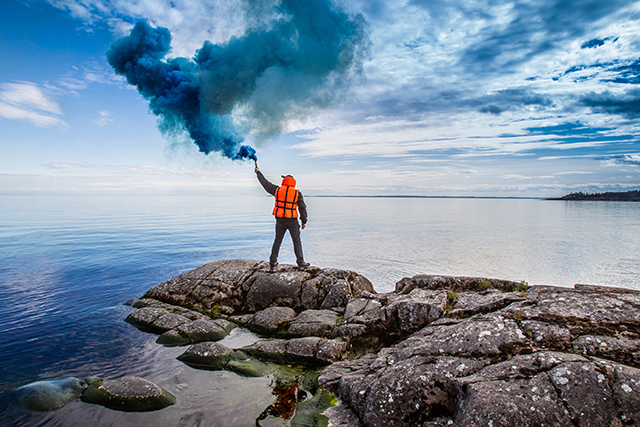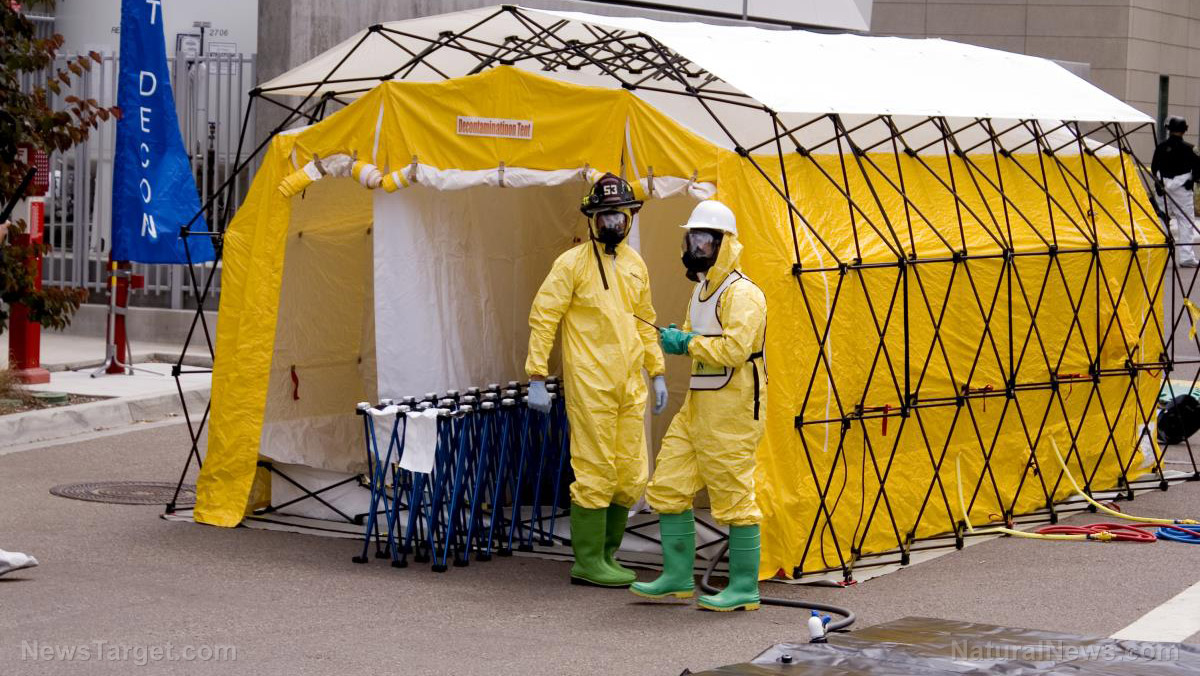How to get your non-prepper friends to start taking action today
09/12/2018 / By Zoey Sky
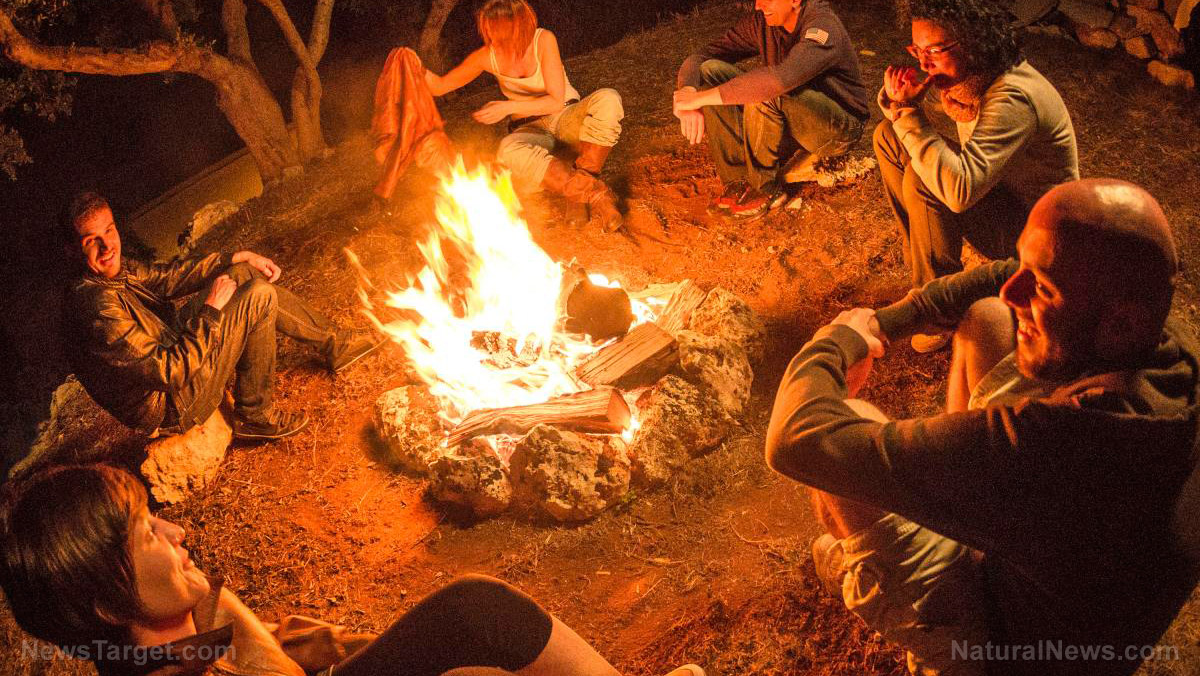
When your friends find out that you’re a prepper, it’s not uncommon to hear them say that you’re wasting your time or being paranoid. Not everyone understands that prepping is also about trying to make sure that you and your loved ones stay safe when SHTF. But if you really do care about your friends, it’s your duty as a prepper to at least try and tell them why they also need to start making the necessary preparations today. (h/t to Survivopedia.com.)
Incorporate prepping into their daily lives
The “prepping” talk doesn’t have to be a long (and probably boring) one-on-one session with your friend. You can start by trying out some of the suggestions below to ease them into this lifestyle of self-sufficiency and preparedness.
Turn municipal meetings into social outings
Attend municipal meetings with your friends so they can learn more about what is going on in their local governments. By inviting your friends to municipal meetings and turning it into a social event, they’ll realize that being involved is crucial to enforcing changes that can improve various issues in your city.
Discuss relevant short-term events
If you live in a blizzard-prone area, they might realize that it’s better to have extra supplies than wait until a storm hits do to anything. Discuss medical emergencies and transportation to teach them how permanent prepping plans can ensure their safety and survival. (Related: How to get your friends and family to start prepping.)
Be a good neighbor
Another effective way to convince non-prepper friends to join you is to lead by example.
Sponsored solution from the Health Ranger Store: The Big Berkey water filter removes almost 100% of all contaminants using only the power of gravity (no electricity needed, works completely off-grid). Widely consider the ultimate "survival" water filter, the Big Berkey is made of stainless steel and has been laboratory verified for high-efficiency removal of heavy metals by CWC Labs, with tests personally conducted by Mike Adams. Explore more here.
You don’t have to announce every good deed, but by being a helpful neighbor your friends will realize that:
- Being confident can help you accomplish many tasks. Confidence is also helpful during a crisis, especially if your friends have a tendency to panic when dealing with the unexpected.
- Having freedom and independence lets you enjoy a lifestyle that’s more positive and healthy. Prepping lets you help others and it can encourage your friends to be more self-sufficient.
- Prepping isn’t a sign of paranoia. It’s something to be proud of because you can learn useful skills that will save your life when SHTF.
Give prepping-related gifts
When your friends receive prepping related gifts, they’ll understand that this lifestyle doesn’t just apply to disasters. Give someone a multi-tool or a pocket knife, then invite them to go camping with you. This can give them a chance to put your gift to good use.
Organize/lead prepping seminars
If you’re good at certain survival skills like re-purposing old items or gardening, organize seminars and invite your friends and neighbors to join.
Keep these things in mind when organizing a prepping seminar:
- Have activities that will let participants practice their skills or create something useful – If you want to talk about solar power and how to harness it, include a class on how to build a tin can heater.
- Include a seminar on re-purposing plastic or other items – Aside from teaching participants about re-purposing, classes about how to regrow herbs or vegetable scraps will encourage people who want to learn practical skills.
- Invite qualified speakers – If you want to lead a seminar about First Aid, talk to interested first responders in your city so they can talk and give hands-on training.
- End the seminar with an invitation to learn about other topics that you can include in future seminars – Even if the topics aren’t related, they should be about how to cut current household costs and preparing for emergencies.
Work on large projects together
Some aspects of prepping require discretion, like where you’re keeping your supplies, but there are projects that you can do with friends like:
- Community-based power generation – See if people in the neighborhood are interested in purchasing land so you can put up solar panels or windmills that will generate electricity. Tell city planners that everyone can benefit from the installing of geothermal systems, especially if the community can use them when they need it most.
- Food production and gathering – Your community can benefit from vegetable gardens on city rooftops or fruit trees on city streets. Community gardens are also a good option if there is enough space in your area.
Tell them about the main reason why you became a prepper
If a disaster has convinced you that you need to learn how to become a prepper, the same thing might convince your friends. Even if your friends aren’t ready to commit to learning survival skills today, the fact that they’re curious about why you became a prepper means they’re thinking about scenarios that could one day make them reconsider living without emergency plans and survival gear.
Find out what can motivate your friends to make changes
Try to gently guide people into prepping so they can find out what method will work for them. If they’re movie buffs, set up a prepping-themed movie night then discuss what the characters did right. This way, you appeal to their interests while also applying the prepping lifestyle to something they can relate to.
It might seem daunting to try and convince non-preppers to learn survival skills, but by teaching your friends the value of prepping, you can help them stay safe when SHTF.
You can read more articles with tips on how you can encourage your friends to start prepping before SHTF at Preparedness.news.
Sources include:
Tagged Under: bug in, bug out, bugging in, bugging out, bugout bag, Collapse, disaster, emergencies, emergency preparedness, Homestead, multipurpose survival tools, non-preppers, off grid, preparedness, preparedness and survival, prepper, prepping tips, prepping weapons, self sufficiency, self-defense, self-reliance, self-sustainability, SHTF, survival skills, survival supplies, Survival Tips, survival tools, survival weapons, survivalist, weapons






